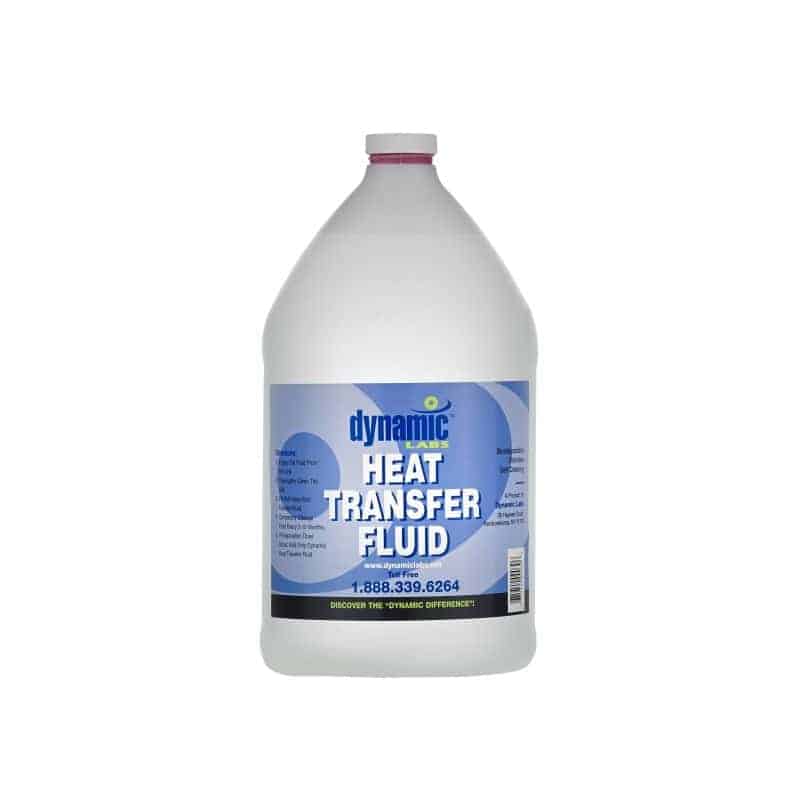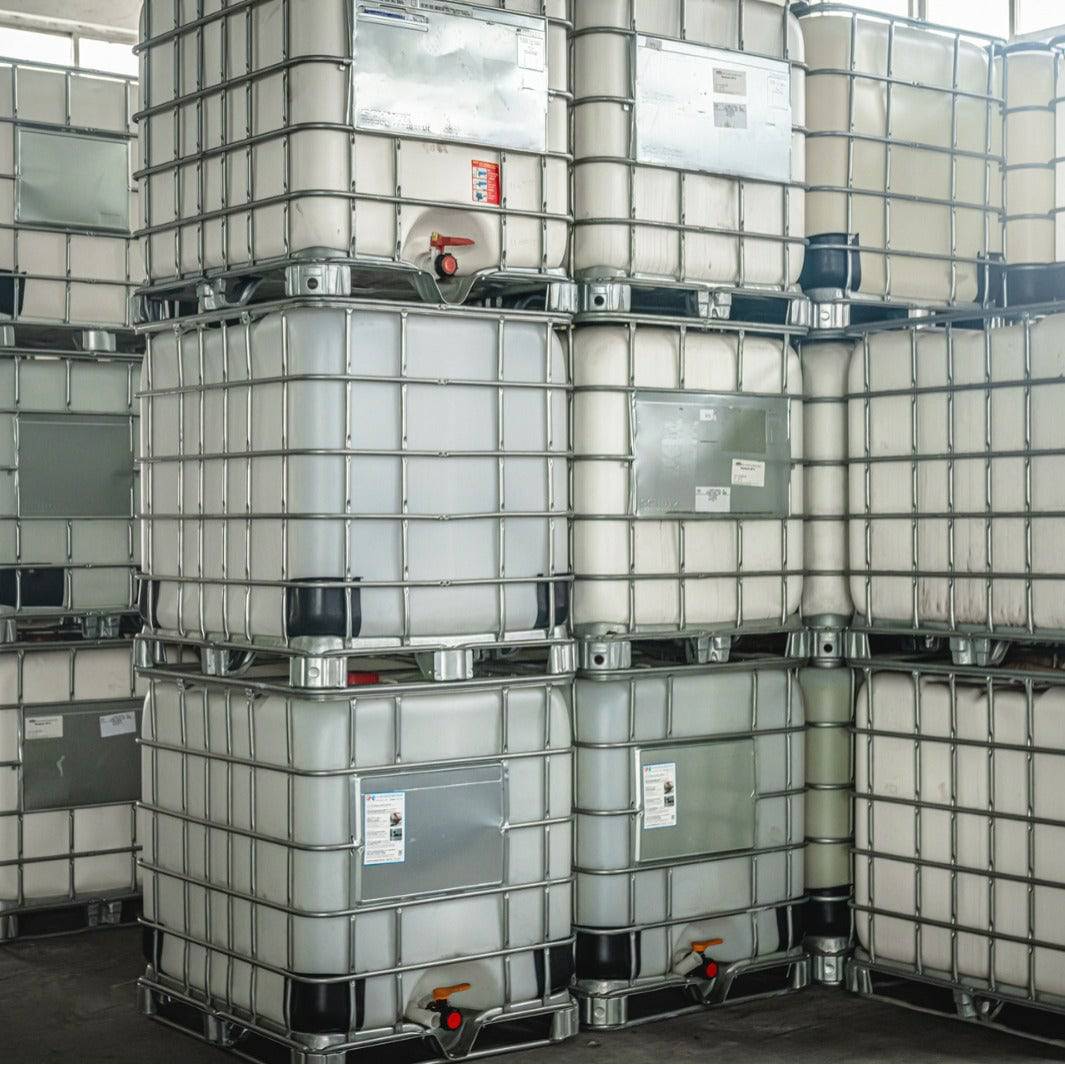Why Routine Upkeep of Heat Transfer Fluid is Essential for System Long Life
Why Routine Upkeep of Heat Transfer Fluid is Essential for System Long Life
Blog Article
Why Warm Transfer Fluid Is Essential for Optimizing Energy Transfer in Systems
The role of warmth transfer fluids in enhancing power transfer is critical for accomplishing efficient thermal management across numerous industrial industries. These fluids facilitate seamless warm exchange, making certain procedures run within optimal temperature varieties and mitigating the risk of overheating.

Function in Thermal Administration
Warmth transfer liquids play a critical function in thermal administration by effectively managing temperature levels in various commercial procedures and systems. These specialized fluids facilitate the transfer of warm between different parts, ensuring ideal operating conditions and stopping getting too hot. By maintaining specific temperature level control, warm transfer liquids make it possible for sectors such as chemical production, oil and gas, and power generation to run securely and effectively.
The option of an ideal heat transfer liquid relies on numerous variables, consisting of thermal security, warm ability, and thickness. High thermal stability guarantees that the fluid can stand up to severe temperature levels without degrading, while a high warm capacity enables it to take in and launch significant amounts of warm - heat transfer fluid. Low viscosity minimizes the power required for pumping, adding to overall system efficiency
Moreover, heat transfer liquids are important in applications like refrigeration, where they aid absorb and dissipate warmth during the cooling cycle. In solar thermal power systems, these fluids capture and transport solar warm to generate power or provide warm water. Their flexibility to diverse operating problems and ability to preserve regular thermal performance underscore their value in commercial thermal monitoring, helping with operational continuity and enhancing precaution.

Enhancing System Performance
To make the most of the advantages of thermal administration, enhancing system effectiveness with the calculated usage of warm transfer fluids is vital. These liquids play an important role in enhancing power transfer by helping with regular thermal guideline, which in turn impacts the total efficiency and longevity of systems. Efficient warmth transfer results in lessened power losses, reduced functional expenses, and improved integrity of devices. By keeping optimum temperature level degrees, warmth transfer liquids help guarantee that systems operate within their made specifications, thereby stopping overheating and lowering the threat of part failure.

Sorts Of Heat Transfer Fluids
The diversity of warm transfer fluids emphasizes their important role in a variety of commercial applications, each customized to satisfy specific thermal monitoring demands. These fluids facilitate reliable energy transfer and are chosen based upon vital buildings such as thermal security, viscosity, and warm capacity. The primary types consist of water, glycol remedies, oils, and synthetics, each offering distinctive advantages.
Water is the most typical warm transfer medium due to its high particular heat capability and low expense. Mineral oils are preferred for their thermal stability and non-corrosive nature, making them ideal for high-temperature applications.

These fluids make sure exceptional performance in systems where standard fluids may fall short. The selection of a heat transfer liquid link is critical, as it affects system efficiency, security, and durability.
Environmental and Economic Perks
Utilizing the right heat transfer liquids provides considerable ecological and economic advantages for industrial operations. By picking fluids with remarkable thermal security and high heat capacity, markets can improve energy performance, leading to lowered fuel usage and lower greenhouse gas exhausts. This adds to a smaller carbon footprint and aligns with international sustainability objectives. Eco friendly warm transfer fluids, commonly naturally degradable and safe, reduce the threat of soil and water contamination in case of leaks or spills, thus safeguarding ecological communities and following stringent environmental regulations.
Financially, the ideal heat transfer liquid can substantially minimize operational expenses. Fluids with prolonged lifecycle performance reduce the frequency of substitutes and upkeep, lowering downtime and associated costs. In general, the tactical usage of optimum warm transfer liquids sustains sustainable economic growth and ecological stewardship.
Choosing the Right Fluid
Just how does one browse the intricate procedure of choosing the best heat transfer liquid for commercial applications? Thermal security guarantees the fluid can hold up against high temperatures without weakening, while compatibility protects against deterioration or other damaging reactions with system components.
In addition, the fluid's heat capacity and viscosity are critical. A high warm capacity allows the fluid to take in and move more power, enhancing performance. Optimum thickness makes sure minimal pump work and effective warmth transfer, especially in differing temperatures. Environmental and safety and security aspects must visit the site also be part of the decision-making procedure. Non-toxic, biodegradable fluids decrease environmental effect and comply with regulatory standards, reducing liability dangers.
Final Thought
The calculated selection and application of warm transfer liquids are basic to optimizing power transfer across numerous systems. By guaranteeing high thermal security and capacity, these fluids provide specific temperature control and improve total system performance. This optimization contributes to decreased browse this site functional expenses and lower greenhouse gas exhausts, hence promoting sustainability. The option of liquid, tailored to particular viscosity and operational needs, is essential for making the most of performance and accomplishing economic and ecological benefits in industrial procedures.
Report this page